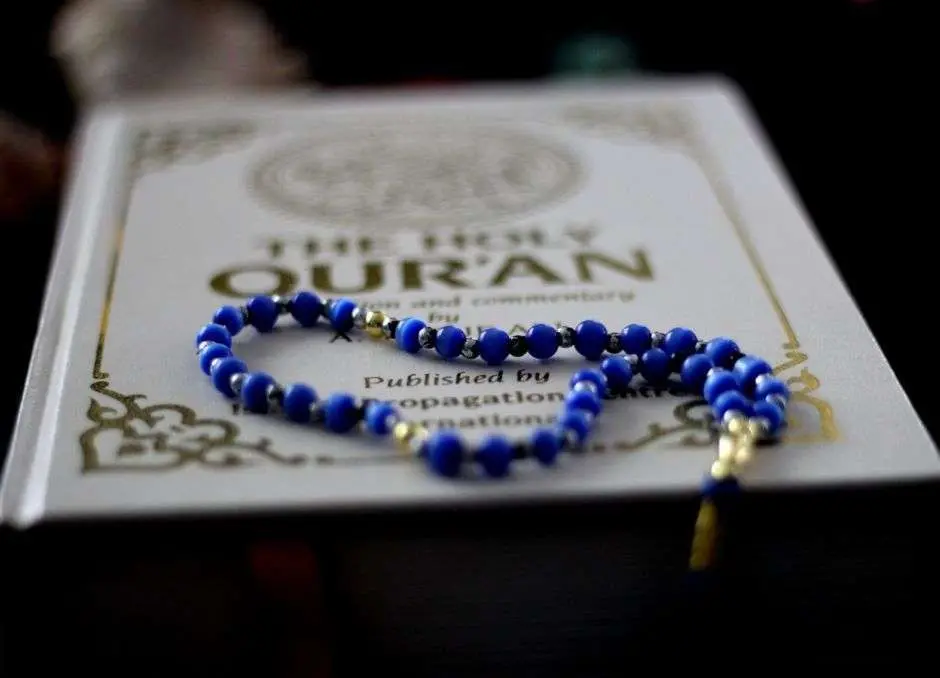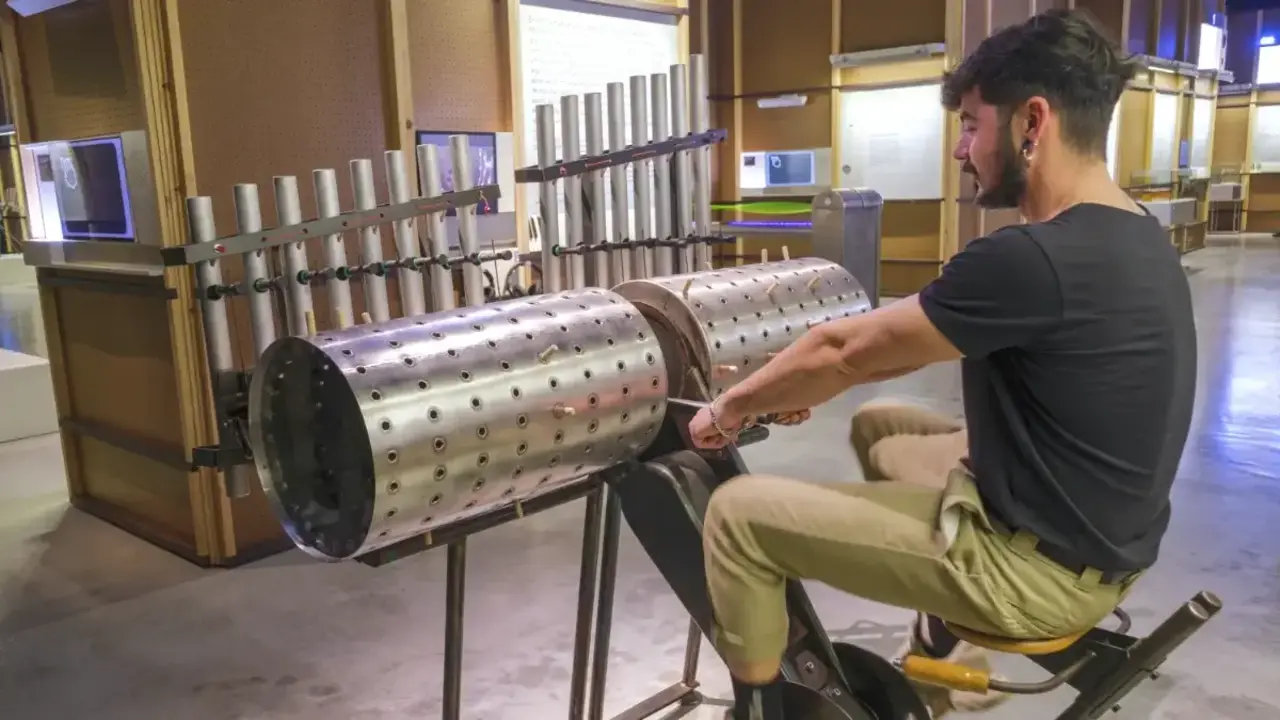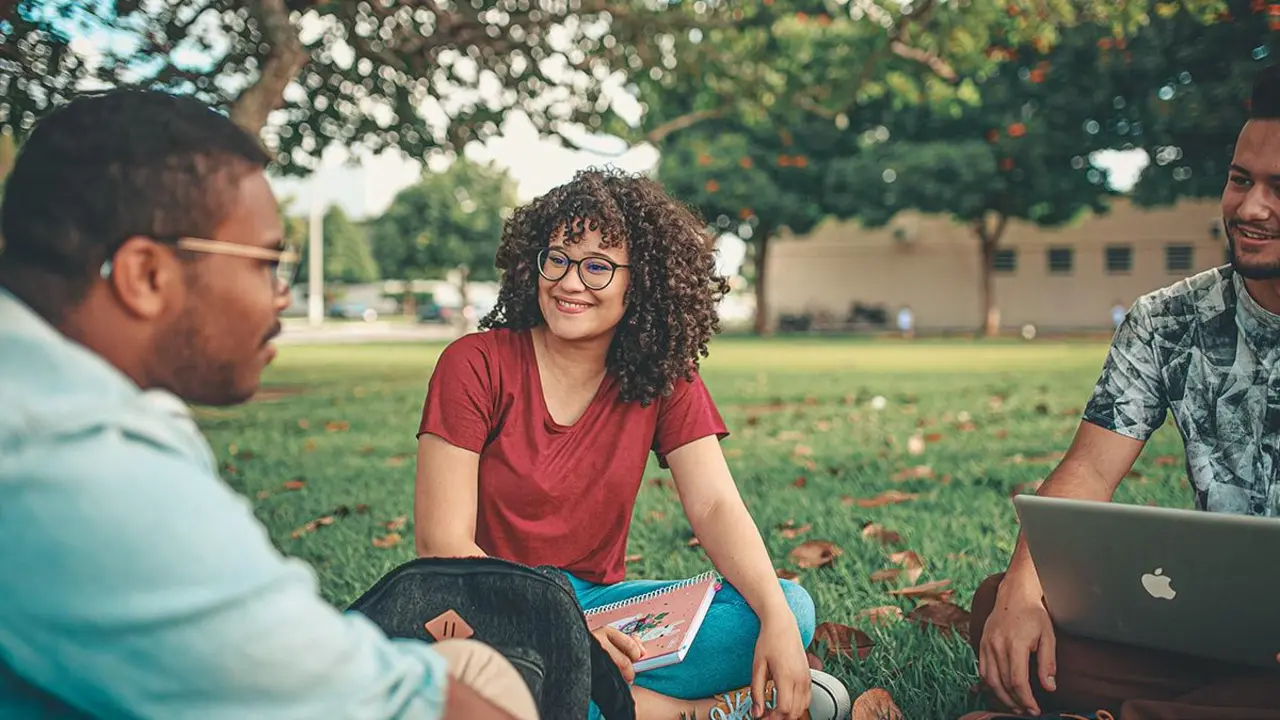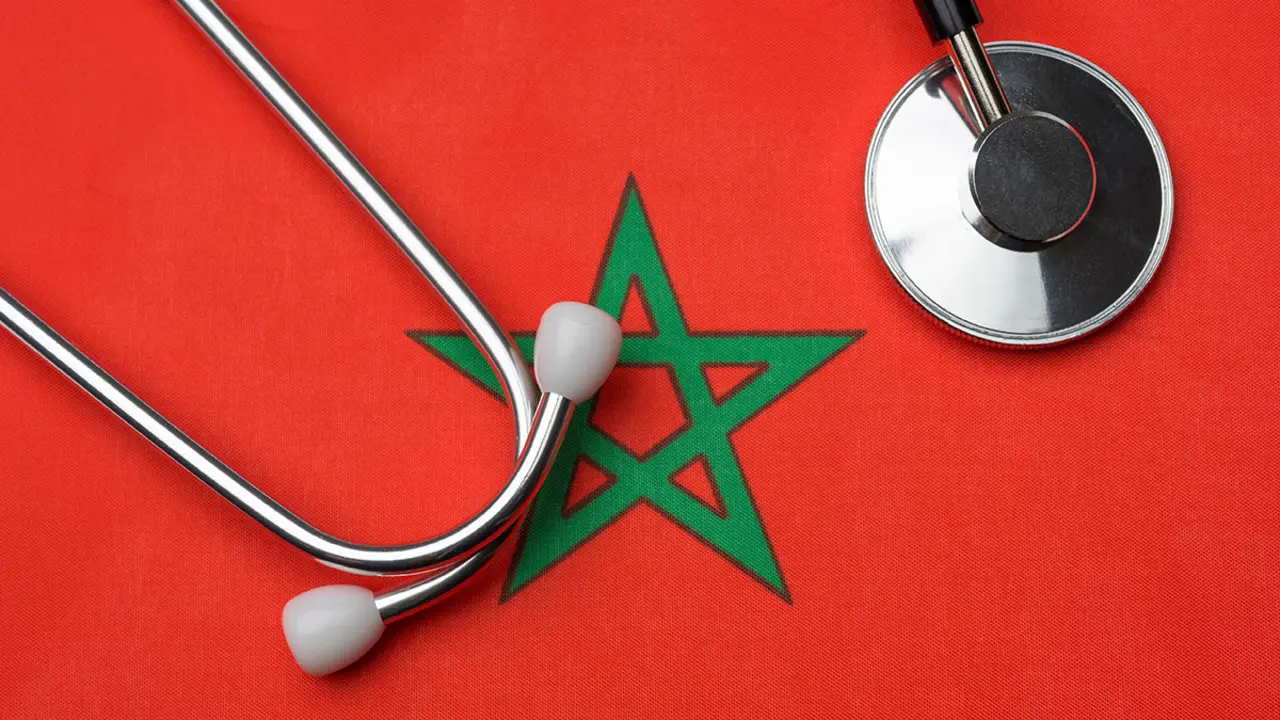The coronavirus causes 1.8 billion Muslims to face an unknown Ramadan

Days before the start of the holy fasting month of Ramadan, the Islamic world is dealing with an unwelcome situation of the new coronavirus pandemic: forced separation at a time when socialization is almost sacred. The most sacred month in the Islamic calendar is that of family and union: community, reflection, charity and prayer. But with mosques closed, coronavirus curfews and bans on mass prayer, some 1.8 billion Muslims face an unprecedented Ramadan.
Across the Muslim world, the pandemic has generated new levels of anxiety ahead of the month of holy fasting, which will likely begin on Friday. The Fatwa Council of the United Arab Emirates has stated that Muslims who have symptoms of Covid-19 may choose not to fast during the holy month of Ramadan.

During a virtual meeting held to discuss the situation of the coronavirus, the Council said that all adults should fast during the holy month. However, coronavirus patients can choose not to do so. "If a doctor asks a person not to fast, as it could affect his or her immunity, then the person has the right not to fast during Ramadan. "Health workers also have the Islamic right to choose not to fast during their working days," the council said.
In addition, another Fatwa was issued during the meeting for Muslims to perform Taraweeh (prayers after iftar) prayers in their homes, either individually or in groups with people living in the same house. They can also read, holding the Holy Quran while praying.
In a third Fatwa, the Council held that Eid prayers can also be performed at home, adding that meetings are prohibited. "People should perform the Friday prayers at home as normal midday prayers," the Council said.








